It has long been regarded as a poor country.
But as it turns out North Korea is a lot richer than we thought, or at the very least has the potential to be.
North Korea has mineral resources estimated to be worth at least $6 trillion, according to Quartz, and the secretive state is sitting on a vast array of mineral resources which remains largely untapped including iron, gold, magnesite, zinc, copper, limestone, molybdenum and graphite.
Its bedrock also holds a large amount of metals needed to make smartphones and other technological products.
But while the isolated nation might be rich in underground resources, taking advantage of the buried treasure this remains another issue.
Exact estimates of North Korea’s potential wealth are difficult to obtain.
But a 2012 estimate by a South Korean research institute valued its mineral wealth as high as $10 trillion, The Economist reported.
North Korea expert Leonid Petrov said estimates of $6 trillion were not unheard of or unrealistic but admitted an exact figure was hard to verify.
Petrov, a visiting fellow at the Australian National University College of Asia and the Pacific, told News.com.au that North Korea has large stockpiles of natural resources.
He said Pyongyang has exported minerals to allies such as China and Russia for decades but international sanctions had curtailed its export abilities in recent times.
He also said a lack of suitable mining equipment and potential buyers for rarer minerals made it more difficult for North Korea to sell what it did manage to extract from the ground.
Petrov said China was also keen to maintain trade with North Korea and was particularly keen on maintaining a monopoly in certain areas.
“China is interested in keeping North Korea as a closed market for precious metals,” Petrov said.
“North Korea is very rich in natural resources and while they have some technology, it doesn’t have strong foreign investment and investment capital.”
Petrov said tough international sanctions also meant dealing with North Korea on a financial level remained extremely difficult. He said trading using gold or suitcases of money was also highly unappealing for foreign investors.
The mining sector remains crucial for North Korea’s economy and many experts believe this is how it manages to support its military spending.
Private mining remains illegal in North Korea and around 14 percent of its economy is made up of mining underground resources, Quartz reported.
China handles around 90 percent of North Korea’s external trade.
Its banks and companies are also said to provide Pyongyang access to the US-dominated international financial system.
North Korea has come under global condemnation over its nuclear weapons testing and its defiance to advance its program.
Pyongyang has test-fired 12 missiles in nine launches so far this year, compared to 10 missile launches over the same period in 2016.
In March, the UN unanimously passed a resolution expanding the sanctions imposed on the country in a bid to halt the program.
In response, China banned imports of gold from North Korea as well as exports to the country of jet fuel and other oil products used to make rocket fuel, Reuters reported.
A series of UN trade sanctions have blocked the entry of technology into North Korea for building ballistic missiles since 2006. A UN ban also prohibits sales of weapons and fuel for missiles.
Just this week, Donald Trump urged all nations to join the US in imposing sanctions to starve North Korea of resources for its nuclear and missile programs.
He demanded North Korea “choose a better path and do it quickly, and a different future for its long- suffering people.”
A United Nations report earlier this year revealed Pyongyang has managed to get around current sanctions by using foreign entities to disguise where some of its goods were coming from.
It has also managed to export some banned minerals while having access to international banking.
NY Post





